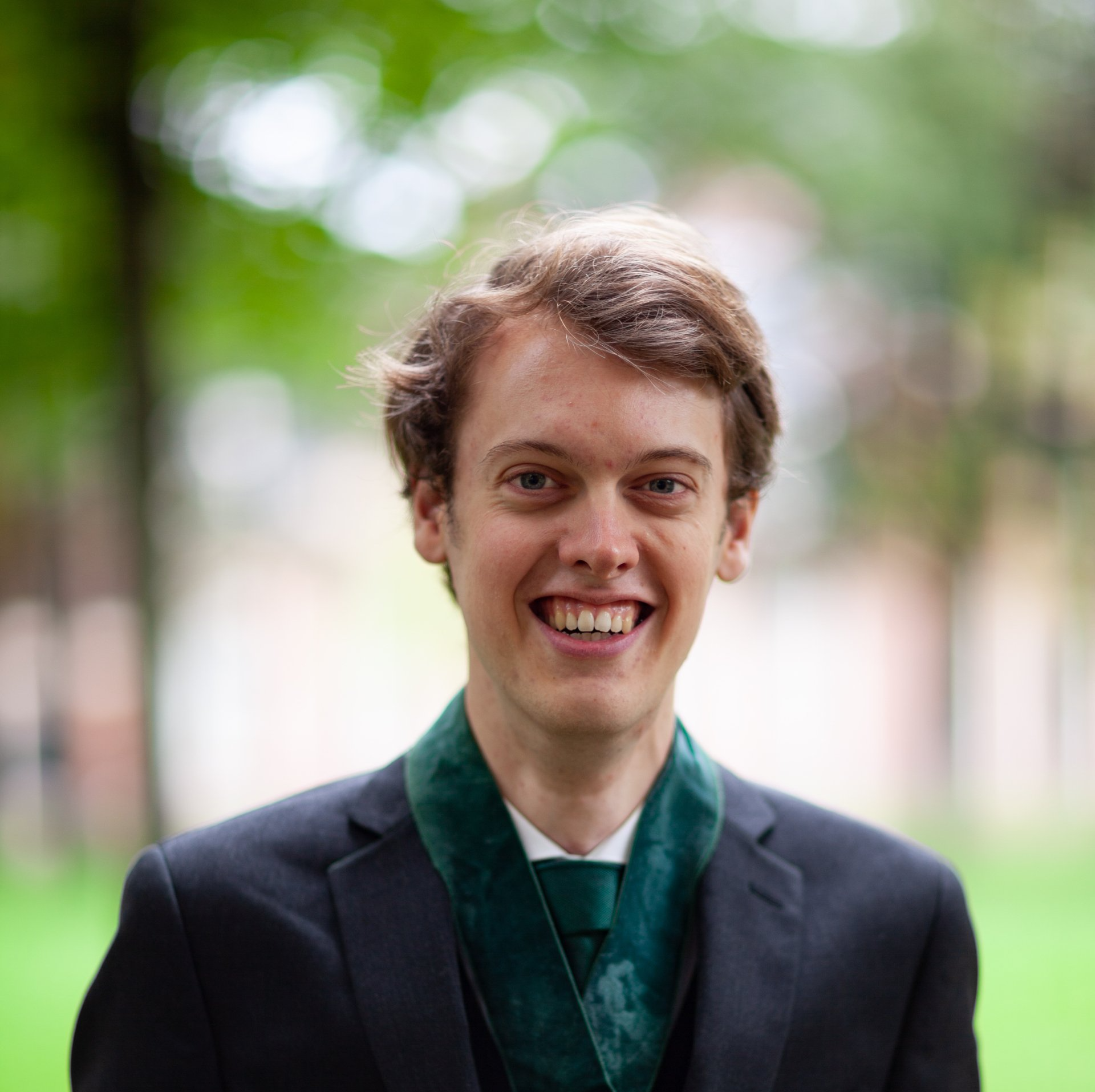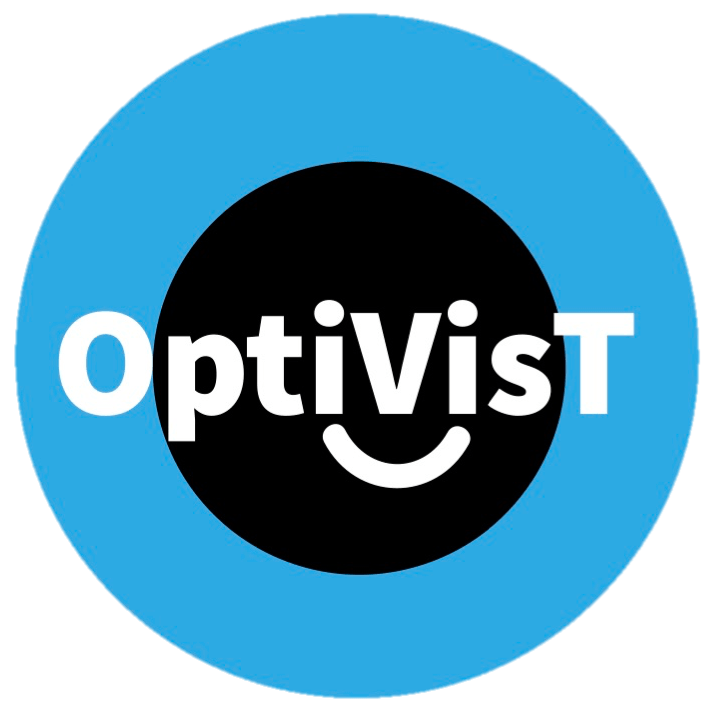PETER REDDINGIUS

Examining eye-movements made during activities of daily living for screening and rehabilitations of functional vision
Update Nov. 2024
In September 2021 I moved to London to join the CrabbLab at City, University of London in the United Kingdom. Here, I will conduct research under the supervision of Dr. Pete Jones and Prof. David Crabb.
Personal Background and Interest:
I have a broad and diverse background, starting with my Bachelor of Science where I majored in Physics and Cognitive Neuroscience with a minor in Law at University College Roosevelt in Middelburg, The Netherlands. Afterwards, I did a pre-master in Artificial Intelligence, followed by a Master of Science in Human Machine Communication at the University of Groningen, The Netherlands.
Aim of the project:
I’ve been working mostly on four different topics within my overall project. These projects are:
- Examine the possibility of visual field improvement in glaucoma patients just after starting their treatment
- Evaluate the resilience of two home monitoring devices that test contrast sensitivity in a simulated home environment to environmental factors such as the illumination and seating location.
- Evaluate the possibility of using eye movements from free viewing to determine if the viewer has any kind of visual field loss.
- To evaluate the possibility of using a virtual reality shopping task to determine how one is affected by their visual field loss during everyday tasks and whether this effect can be quantifiable.
Current activities:
Project 1 has been fully completed and published, see below.
Project 2 is in the final stages of writing up in order to be sent to a journal.
Project 3 has had an initial dataset published, further developments are ongoing. These involve using algorithms to predict the most interesting parts of images and videos in order to better identify the presence of a visual field defect using eye movements.
Project 4 is largely complete and is being written up in order to be sent to a journal. A follow-up study has been completed together with Johnson and Johnson vision in Groningen to determine the effect of their new cataract lens on everyday tasks.
Future directions:
I’m currently still at City St George’s, University of London, where I’m following-up on the virtual reality project, such as exploring how feasible this is for patients to perform and investigating possibilities of using this setup for larger experiments.
My OptiVisT experience:
Joining the OptiVisT network has been an amazing life decision, as it has allowed me to experience London, join a great lab there with some of the best colleagues you could ask for. It also provided me with a budget to travel to conferences and present my work there to the top researchers in the world on these topics. Finally, the OptiVisT meetings provided us with so much information and allowed me to build an amazing network, with hopefully life-long friendships with the other ESR’s!
Project output
I have presented my work at several national and international conferences, amongst which the European Conference on Vision Perception (2022, Nijmegen & 2024, Aberdeen), the Imaging and Perimetry Society (2022, Berkeley & 2024, Cardiff), and the British Conference of Optometry and Visual Science (2022, Birmingham & 2024, London).
The eye-tracking data set was published, and is publicly available (https://zenodo.org/record/7761477), with an accompanying manuscript:
First-author publications:
- Reddingius, P., Asfaw, D. S., Mönter, V. M., Smith, N. D., Jones, P. R., & Crabb, D. P. (2023). Data on eye movements of glaucoma patients with asymmetrical visual field loss during free viewing. Data in Brief, 109184.
- Reddingius, P. F., Kelly, S. R., Ometto, G., Garway-Heath, D. F., Crabb, D. P., & United Kingdom Glaucoma Treatment Investigators. (2025). Does the visual field improve after initiation of intraocular pressure lowering in the United Kingdom Glaucoma Treatment Study?.
American Journal of Ophthalmology,
269, 346-354.
Contact
Interested in my work and want to get in touch? Send me an e-mail at
peter.reddingius@city.ac.uk.

